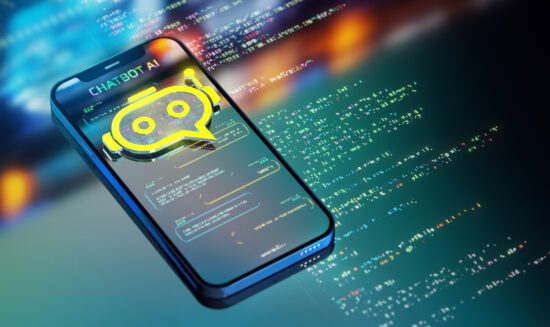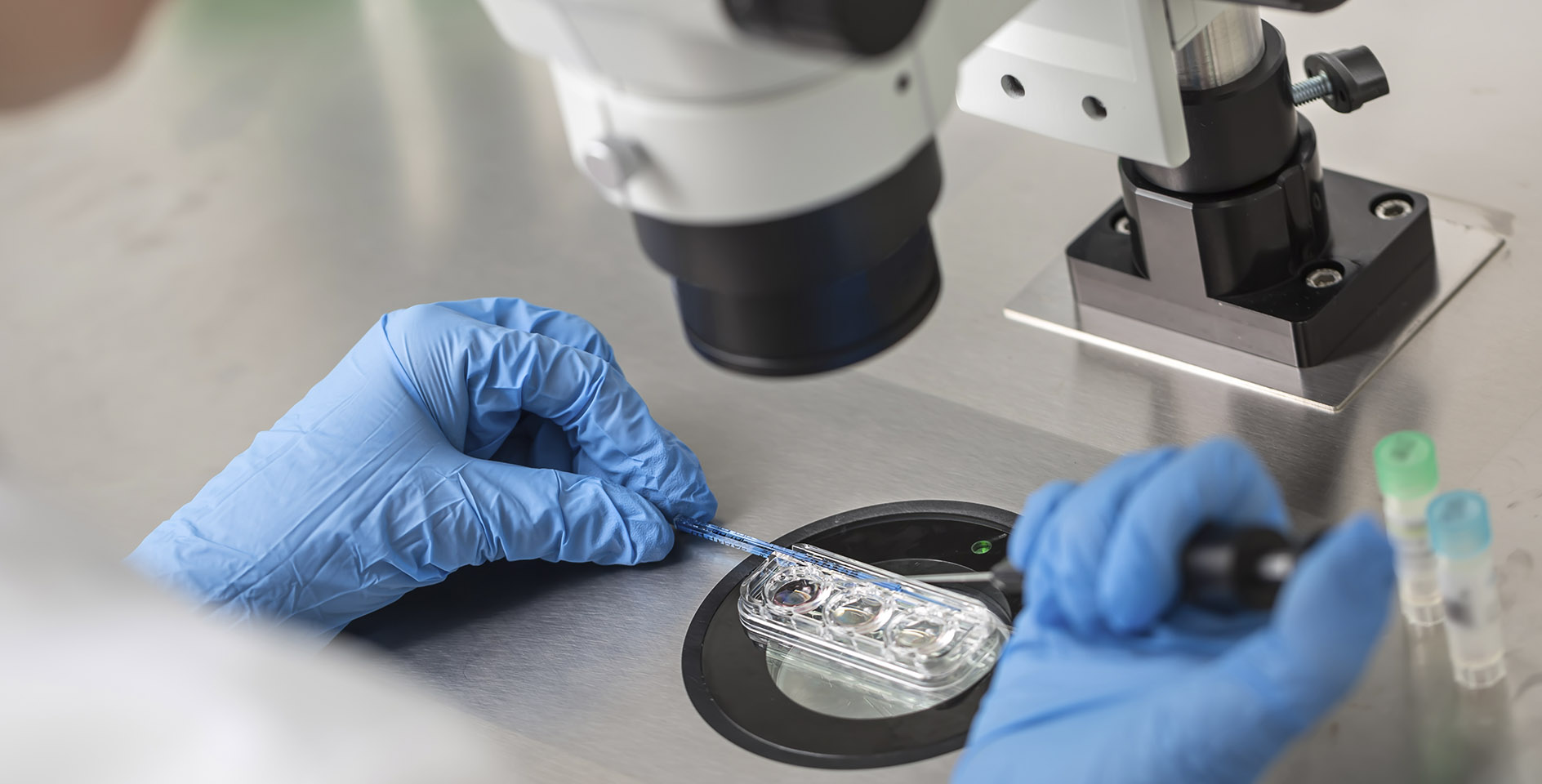In April 2019, a group of over 70 evangelical leaders signed and launched Artificial Intelligence: An Evangelical Statement of Principles (Spanish version) with two goals in mind. First, we wanted to help the Church proactively think about the myriad of ways that AI is shaping our society and provide a sound theological, philosophical, and ethical framework with which to wisely navigate these tools. Second, we sought to present a distinctly Christian view on the fundamental questions being raised amid the social and political ramifications of the expanding development and application of AI.
One of the fascinating aspects of the current cultural conversation on AI is how quickly people have become entranced by these technologies, especially after the launch of ChatGPT and other generative AI tools. While many are excited about the advances these tools may bring, many are incredibly disturbed by their dangers and risks. Debates over the future of AI have centered on the reality that these tools are doing things once reserved solely for human beings, leading many to ask the age-old question: What does it mean to be human?
Being human in an age of machines
The perennial question of what it means to be human becomes even more important in this age of emerging technologies. In the statement, we addressed it by affirming the unique nature of humanity and denying “that any part of creation, including any form of technology, should ever be used to usurp or subvert the dominion and stewardship which has been entrusted solely to humanity by God; nor should technology be assigned a level of human identity, worth, dignity, or moral agency.” This is rooted in the Christian understanding of how God bestowed a unique status on humanity with the imago Dei.
Many are amazed and fearful of advanced AI systems as they fundamentally challenge much of what we have assumed about the uniqueness of humanity. For generations, we have assumed that what it meant to be human was the ability to think, create, and to perform certain complex tasks. An attribute-based view of humanity and the imago Dei is prevalent throughout much of human history. While it is true that humanity does seem to model certain features such an reason/rationality (substantive), gregariousness (relational), and representation (functional), do these attributes or capacities ontologically ground human identity, or do they better represent a fundamental status that human beings have in light of how God set us apart from the rest of creation as those made is his image?
As German Catholic philosopher Robert Spaemann notes in Persons, “human beings have certain definite properties that license us to call them ‘persons’; but it is not the properties we call persons, but the human being who possess the properties.” A person in Spaemann’s framework is someone vs. something, thus, regardless of one’s capacities or attributes, they are a person by simply being a member of the human species. He writes that “there can, and must, be one criterion for personality, and one only; that is biological membership of the human race.”
While human beings are a specific kind of creature who might exhibit certain characteristics and attributes, human dignity isn’t based on the presence of those particular attributes or capacities. While much more can and should be said, this truth must be central to the ongoing debates over the development and use of AI today.
The future of AI
A related and second question rising above the fray today centers on where these technologies are headed in terms of their role in our society and how we are to view them as they grow in their imitation of certain human capacities. Much of the popular discussion surrounding AI notes the seemingly unstoppable nature of these tools and how they will soon rival (or even overtake) humanity’s place in society. In the 2019 statement, we noted that “AI will continue to be developed in ways that we cannot currently imagine or understand, including AI that will far surpass many human abilities. God alone has the power to create life, and no future advancements in AI will usurp Him as the Creator of life.”
The future of AI is an open question of sorts, but Christians must recognize that there are certain inherent limitations to these technologies. Indeed, much of today’s doomsday mentality is rooted in a view of technology at odds with the theological, philosophical, and ethical framework provided in Scripture. In contrast to the two most common views, a biblical framework recognizes that technology is neither autonomously deterministic nor is it simply a neutral instrument that we simply use.
As I wrote in The Digital Public Square: Christian Ethics in a Technological Society, a Christian philosophy of technology is wholly unique in that it recognizes 1) that God has given humanity certain creative gifts and the ability to use tools, and 2) and that how we use these tools forms and shapes us. Technology then is not good or bad, nor is it neutral. Technology, specifically AI, is shaping how we view God, ourselves, and the world around us in profound and distinct ways.
While we rightly debate how to mitigate the risks and promote the good of technological advances, the Church must not give into the moral panic induced by AI, nor should we passively allow others to shape the conversation in ways that are directly at odds with the Christian tradition. As Carl F. H. Henry wisely noted, the center of the Chrisitan ethic is the concept of love which is modeled in the Great Commandment given to us by Christ (Matt. 22:37-39). The Church must see the love of God and love of neighbor, manifested in recognizing the dignity of all, as central to the ongoing work related to AI and its role in our society.
The 2019 statement of principles was designed to jumpstart the conversation about AI in the Church, which is needed now more than ever. As the Church engages these questions, we must remember that the Christian moral tradition recognizes that no matter how advanced our technologies become, there is nothing that can fundamentally change what it means to be made in the image of the almighty God (Gen. 1:26-28). Embracing this truth today means retrieving a robust view of what it means to be human in an age of machines.











